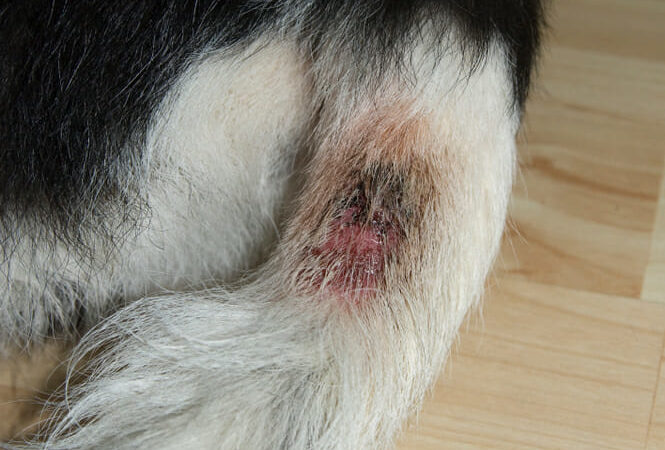Heartworm disease is a parasitic worm (Dirofilaria immitis) that is transmitted by mosquitoes. The immature larvae (microfilariae) enter a dog’s bloodstream and mature into adult worms in the major blood vessels of the heart and lungs. Naturally, these worms can cause signs of heart disease. The heart will continue to deteriorate and proceed to heart failure if left untreated. Considering the low incidence of heartworm in this area, an infection may be present for years before discovered. At Southampton Pet Hospital, we use the 4Dx test which also looks for common tick-borne diseases.
If a dog has heartworms, what symptoms should I look for?
Symptoms to look for with a dog with heartworm are increased respiratory rate, coughing, lethargy, lack of appetite, weight loss or exercise intolerance. As the disease progresses, it can lead to heart failure, and then eventually can cause excess fluid in the liver, kidneys or abdomen.
How does a dog get heartworms?
A dog can get heartworm from mosquitoes; a mosquito will bite an infected host and contract Dirofilaria microfilariae. The larvae will develop in the mosquito and then will be passed onto an uninfected dog through another bite.
What are the treatment options for heartworms?
Treatment goals are based on the severity of the infection. Obviously, signs of heart failure need to be addressed. Once stable, your dog would require medication for the adult worms, microfilariae and bacteria the heartworm may be carrying as well. The treatment requires multiple medications and close monitoring for complications.
Why is recovery for heartworm treatment so challenging?
As outlined in the treatment options – there are multiple organisms that are involved in a heartworm infection. Each parasite and/or bacteria create their own pathology and require their own treatment. When we also recognize Dirofilaria may not be diagnosed until after significant damage has occurred, the treatment is further complicated.




